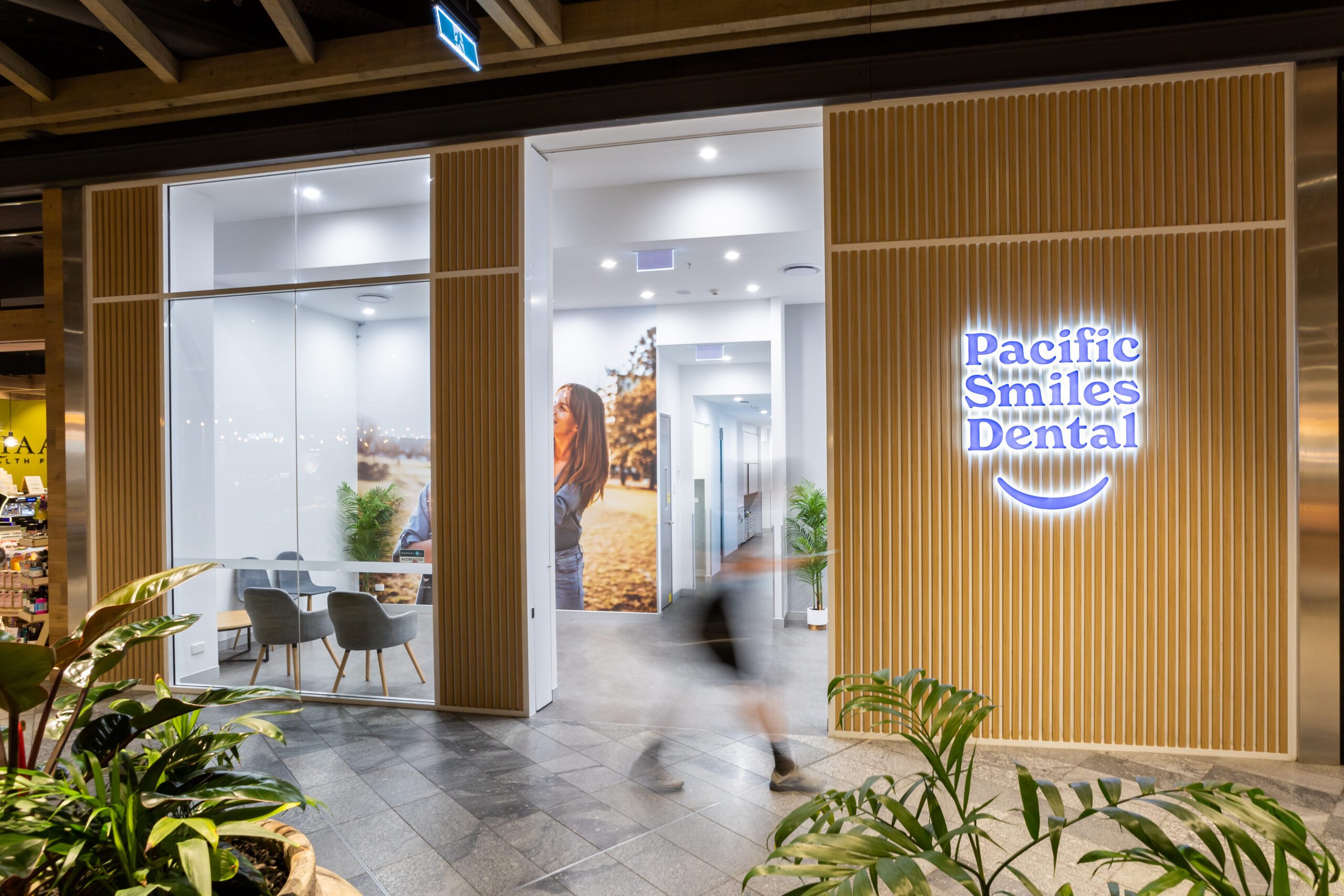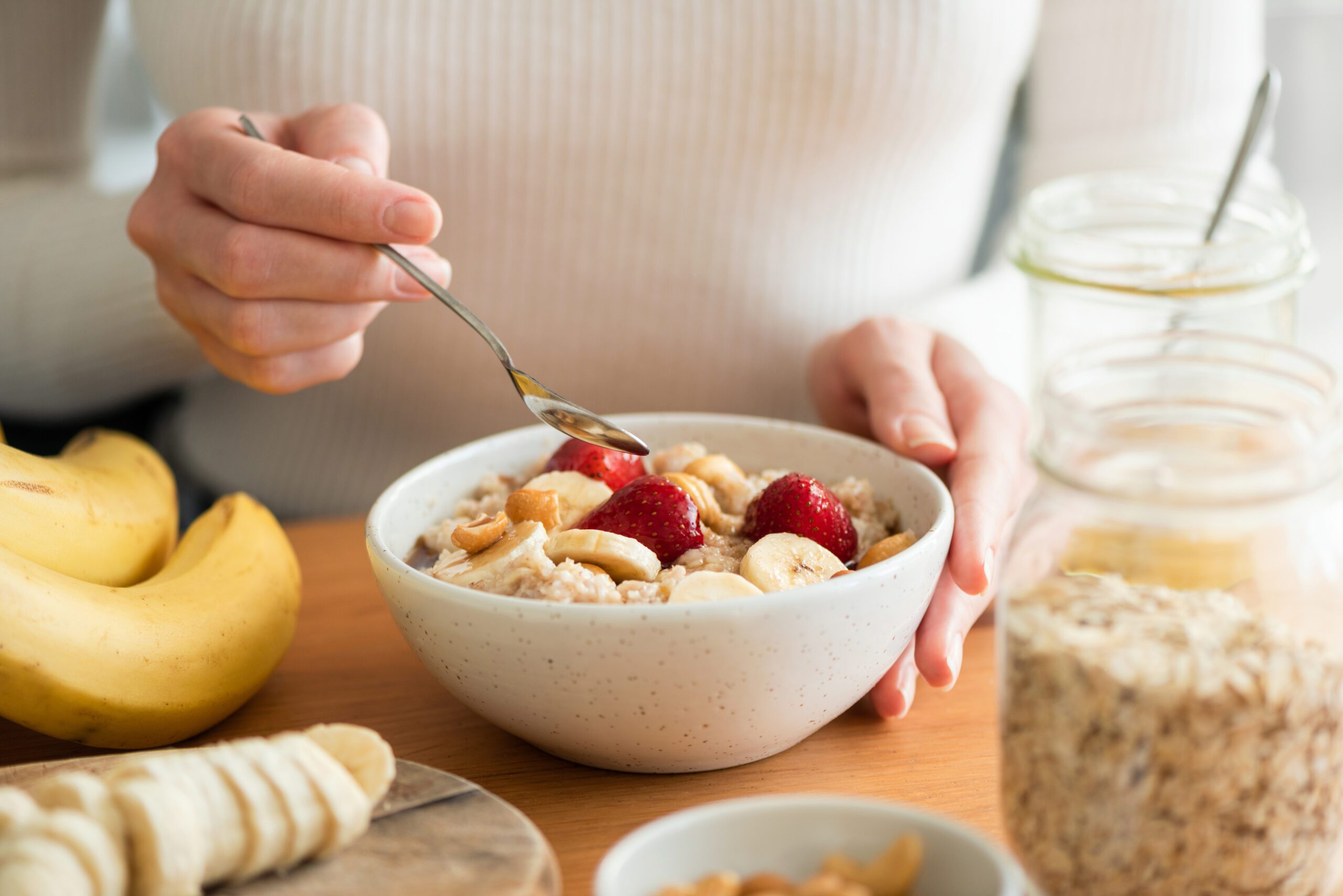 20 September 2022
20 September 2022
The benefits of being confident with your smile can not be underestimated. One way to be even more confident with your smile is through whitening your teeth. There are several methods available so understanding your options and how they impact your overall oral health is important.
Myth 1: Whitening teeth causes them damage
While there are many over-the counter toothpastes, gels and strips readily available, it’s your dentist who is the best qualified to determine if your teeth will benefit from whitening. Our teeth naturally turn more yellow and darken as we get older so this should not be a major cause for concern in most cases. Your dentist will be able to determine the cause of any discolouration in order to provide advice on the whitening treatment that will be the most effective for you.
It’s important that you only seek to gain whitening advice and treatment from a professional who understands the full impact that this can have to your teeth. Incorrect use of bleaching products can in fact lead to irreversible damage to your teeth and gums. This includes any home whitening remedies (and we know there are many).
Incorrectly applying whitening treatments can also result in chemical burns to your gums, causing pain, blisters and discolouration. However, issues can still arise even when no injury occurs, often ending with uneven and lacklustre results.
Your teeth are precious, and you need them to last you as long as they possibly can, so although it can be tempting to DIY, treat your teeth well are and visit your dentist for their expert advice.
Myth 2: Teeth whitening is painful
The teeth whitening procedure itself should never be painful. If you are experiencing pain at any point, it is could be your bleaching solution has been incorrectly applied and should be immediately removed. Visit your dentist to ensure that no permanent damage has occurred.
It’s important to note that some people do experience an increase in tooth sensitivity after a whitening treatment has been completed. This is often experienced when eating hot or cold foods for around 48 hours after the bleaching procedure takes place. If you do experience any severe pain, you should see your dentist as soon as possible.

Fact 1: Only a dentist should guide you on teeth whitening
There are many nuances to our teeth. Your dentist is going to take into account all of these when recommending a whitening treatment for you. They will even consider your fillings, crowns and veneers which do not change colour with any whitening treatments.
In a lot of cases, a regular clean and polish will have a positive impact on the colour of your teeth through the removal of any surface stains. Your dentist can even replace any old fillings or veneers that can help to brighten your smile.
Getting whitening advice and treatment from anyone other than a dentist could lead to long-lasting, damage to your teeth.
Fact 2: Whitening by your dentist works better than DIY versions
This is in fact true. The strength of whitening solutions that a dentist is allowed to use is much higher than that of any DIY product available online and instore, meaning you will end up with better results than any of these products. Your dentist is also able to make recommendations specific to your teeth around timings for your treatment and the best ongoing after-care for your newly white smile.
Take home dentist-supplied whitening kits:
If you prefer the convenience of whitening your teeth alongside the comfort of your couch, your dentist also has whitening kits that you can take home. Your dentist will take an impression of your teeth to make custom fitted trays. Once home, you follow the instructions laid out by your dentist to achieve a bright white smile.
In-chair whitening treatments:
A stronger bleach concentration can be used when getting your teeth whitened ‘in-chair’ at the dentist. The solution is applied by your dentist and is activated using an ultra-violet light or laser. The benefits of this type of treatment are often immediate. Your dentist will likely recommend the use of a take-home kit for a continued bright white smile.
If your Dentist lets you know that a bleaching treatment will not be beneficial for your teeth, ask them about the other types of things that can be done to help brighten your smile and boost your confidence. Book an appointment to find out more.





